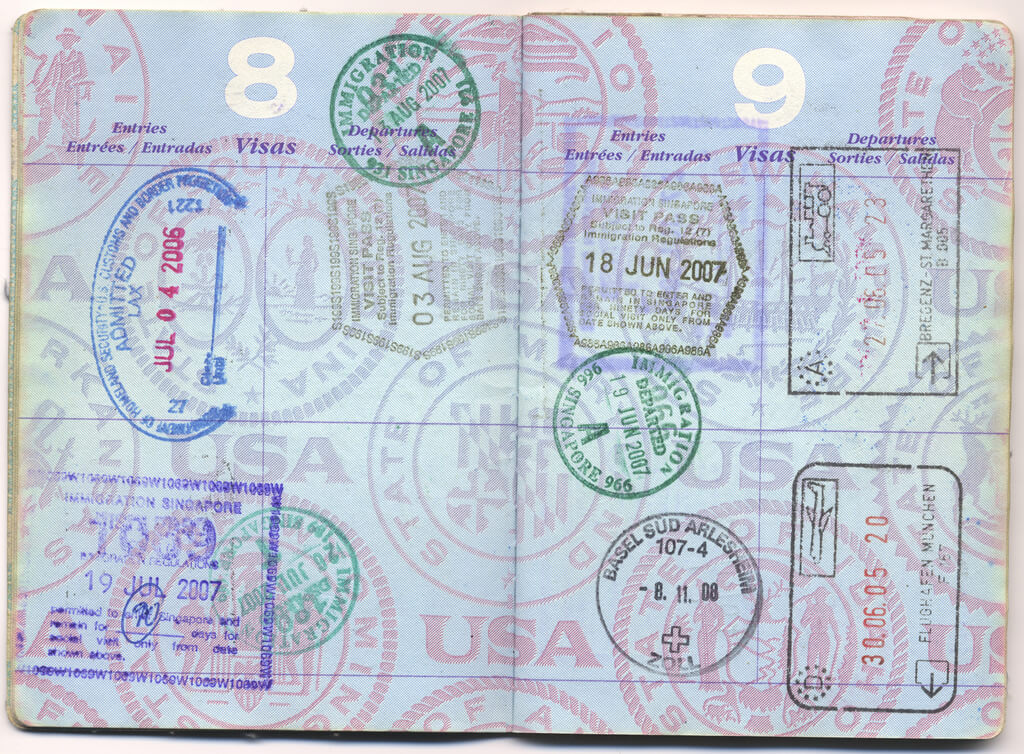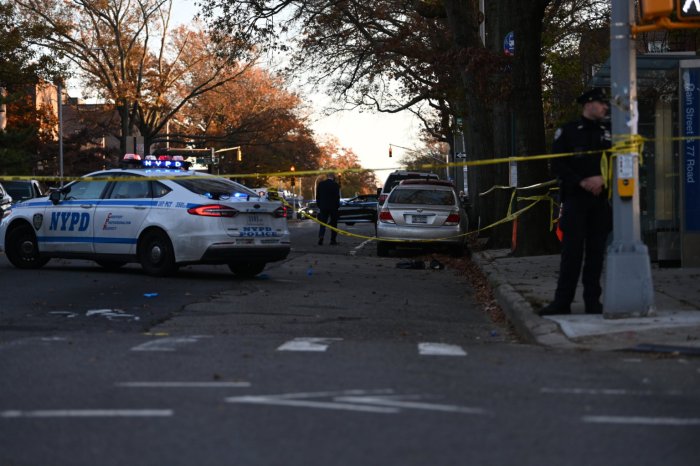A federal grand jury indicted on Monday the owner of a Woodside medical employment agency for her alleged involvement in a visa fraud scheme that illegally brought Filipino citizens to the United States for financial gain.
Rena Beduya Avendula, 50, the owner of Professional Placement and Recruitment Inc. (PPRI), located at 51-34 Roosevelt Ave., faces five counts of visa fraud for an alleged scheme that began in October 2009. She was arrested on May 11 and released on a $75,000 bond.
According to federal prosecutors, the PPRI owner allegedly enrolled Filipino citizens for H-1B visas by telling the United States Citizen and Immigration Services (USCIS) that the visa holders would be employed in “specialty occupations” that “require certain specialized knowledge and a bachelor’s or higher level degree for entry into the occupation within the United States labor market.”
Richard P. Donoghue, the United States Attorney for the Eastern District of New York, said that Avendula allegedly created positions within her company in order for several Filipino nationals to obtain the H-1B visas.
To get these visas, as noted in Department of Homeland Security guidelines, employers in the United States must fill out Form I-129 Petition for a non-immigrant worker and must also provide documents that state the visa-holder will be employed in a specialty occupation and be paid a comparable wage of similarly qualified citizens and permanent residents. A limited number of H-1B visas are issued each year.
“As alleged in the indictment, Avendula engineered a fraud scheme for personal profit by creating fake job positions to deceive a government program that allows a limited number of foreign nationals to enter the United States temporarily to fill highly specialized positions,” Donoghue said.
Avendula’s company provided nursing care to elderly patients, mostly at nursing homes and rehabilitation centers. She claimed that the foreign nurse she employed would be “working in specialized nursing at prevailing wage rates.” Oftentimes, the licensed practical nurses or RNs would work at significantly lower pay rates.
Throughout the nearly five and a half years that she allegedly engaged in fraudulent activity, she sponsored dozens of applications for the H-1B visas and profited from the filing fees she collected from nurses and health care facilities that paid her company.
If found guilty, Avendula could face a maximum of 10 years imprisonment for visa fraud and an additional 10 years in prison for each foreign national living in the United States involved in the conspiracy.






























